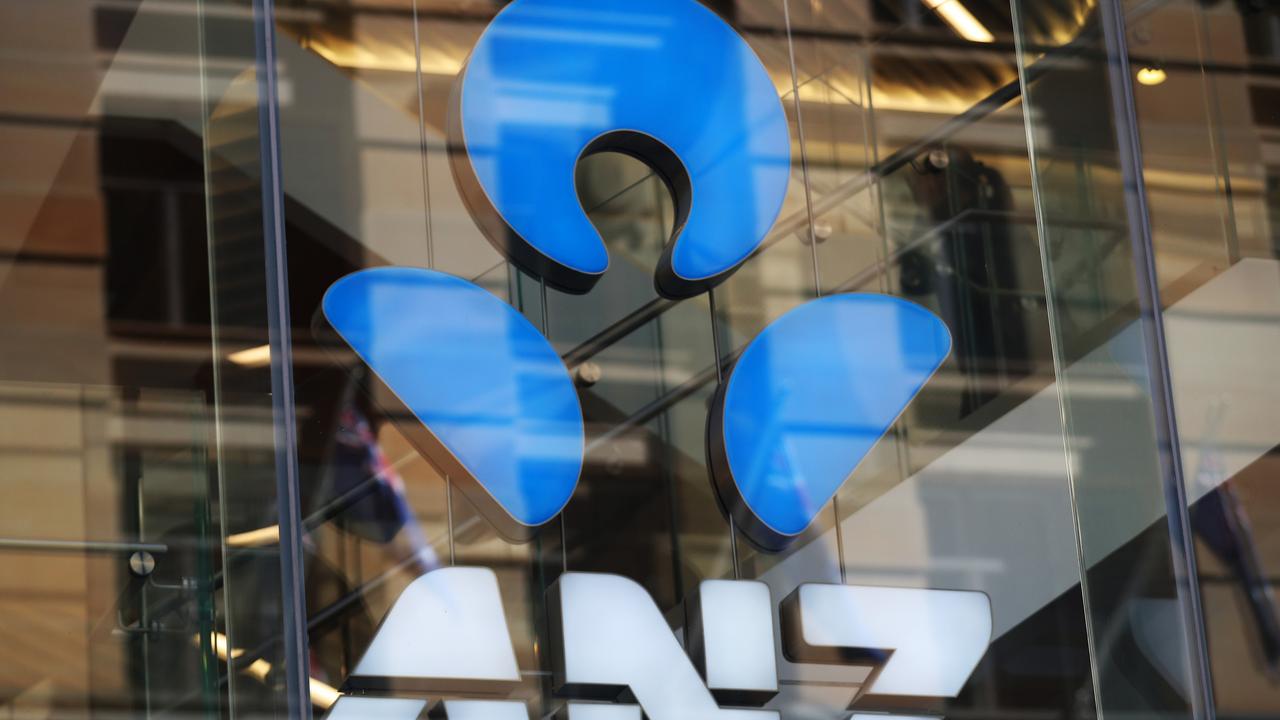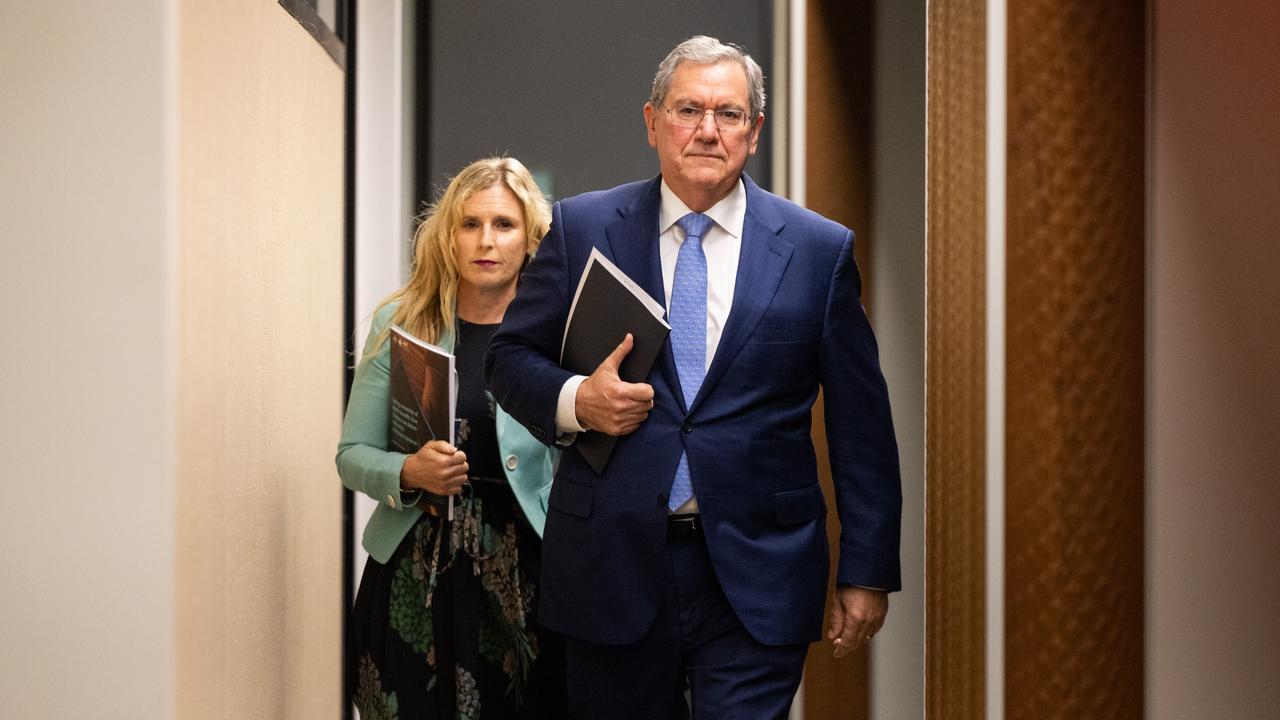China ‘poised for ESG super-cycle’
China is at the beginning of a ‘super cycle’ for ESG returns, says Mingshi Investment Management. The firm is also making a push into Australia.

China is at the beginning of a “super cycle” for environmental, social and governance returns which will increasingly drive share prices and earnings over the next decade.
That’s the view of Mingshi Investment Management, which was founded in Shanghai in 2010 by Yu Yuan and Robert Stambaugh, and now manages about $US3bn ($4.2bn). The firm is also pushing into Australia with the launch of two investment funds, planned for January.
Mingshi’s international chief Lewis Prescott said China had experienced an ESG “inflection point” in the past five years, and the energy transition would play a significant role in future investment returns.
“The (Chinese) government message is very clear and that’s coming through in the onshore institutional allocations, and the way that China operates is that if they’ve got a mission they are going to pursue it very strongly,” he added. “Our hypothesis is that we’re really at the start of this, what we call a green super-cycle, and we’re going to see what happened in the US and Europe 20 years ago begin to happen in China.”
Mingshi’s research shows green stocks in China outperformed the “dirtiest stocks” by an average of 16 per cent annually from 2016 through 2020.
“For serious climate change impact, it must start with China. And any real change in China is going to be led by domestic-internal policy initiatives, not external co-operation pressure,” said Mr Prescott, an Australian who has been based in Hong Kong for 15 years.
Drawing on a proprietary scoring model, Mingshi is in talks with potential investors to start two green funds investing in stocks on the Shanghai and Shenzhen stock exchanges.
For its entry into Australia, Mingshi hired country head Michael Negline a year ago, and ahead of January he has been ramping up engagement with potential investors and asset consultants.
“The clients don’t want to ignore China. I think one of the biggest risks for investors at the moment is ignoring China,” he said.
Mingshi is in the process of securing an Australian financial services licence for the local funds which will focus on two investment strategies in China stocks, and wants to eventually build out an Australian team.
Mr Negline said establishing an office and products in Australia was an “important signal” of Mingshi’s commitment, rather than opting for a fly-in-fly-out model.
Mr Prescott admits it will be a tough slog in Australia, but says Mingshi will take a patient approach.
“We want to be in Australia. It’s obviously a massive asset management market, it’s got close geographic and economic ties with China,” he said.
“We understand we have to build track record and get to know the market well.”
ASX-listed Equity Trustees will be the trustee for Mingshi’s Australian-domiciled investment funds.
Mingshi’s investment strategy focuses on stock strategies in China including market neutral and long-only. It is quantitative and research-based and also conducts medium-frequency trading, which sees trading in and out of stocks within days and weeks. That is different to high- frequency trading which can happen in less than seconds and tends to be computer generated.
Mingshi – which now employs more than 120 people – started as the practical application of professor Stambaugh and professor Yuan’s academic research. Professor Stambaugh is a US academic who is the Miller Anderson & Sherrerd Professor of Finance at Wharton, part of the University of Pennsylvania.
As potential Australian investors take a look at the firm they will assess fees and returns.
As at November 30, Mingshi’s OPTIMA market-neutral fund posted a 39.02 per cent gross returns for this year. The long-only MAXIMA fund has notched up 19.75 per cent gross returns for the year as at November 30, reflecting almost 16.5 per cent outperformance versus its benchmark the MSCI China A Onshore Index.
The other consideration is increased Chinese government intervention in 2021 and risks associated with real estate firm China Evergrande Group.
China Evergrande’s debts woes, as the property market there began to soften due to tighter regulations, have stoked concerns about the potential fallout in China’s property and financial sectors.
“The stability of (the) domestic property market is arguably the most important economic and policy issue in China,” Mr Prescott said. “China has over 90 per cent household ownership rates with 70 per cent of personal wealth in property. In contrast, Australia’s home ownership rate is approximately 66 per cent.
“The resolution of Evergrande’s debt woes will have a significant impact on the China risk appetite of foreign investors. But more importantly, the contagion effect of a true property crisis on China’s retail investor base would be so severe, it is difficult to imagine China’s policy makers allowing that to occur.”
De-listings of large Chinese companies from overseas exchanges has also been a theme in 2021, with ride hailing giant Didi the latest to flag it was preparing to leave US exchanges and list in Hong Kong.
Mr Prescott notes that investing in a long-only strategy in China does pose risks around “regulatory black swan events”, but he says there are still strategies that can yield attractive returns in that market.
“Is the government going to have intervention? It will. If you are a long-term investor you will be exposed to it, so you need to be thinking about concentration risk in different sectors and basically your liquidity.
“That’s one element of why people are becoming more attracted to quantitative strategies as opposed to traditional bottom up, or at least having both of them in their portfolio.”
Mr Prescott is, of course, bullish on investors allocating more to investments in listed markets in China.
“There needs to be future allocation to China more and more by the super funds etc and they need good managers … there is an impending wave of demand. We’ve already seen a lot of strong interest,” he said.
“Despite the geopolitical headlines around Australia-China or US-China relationships, from a capital allocation point of view, we are still seeing incredible interest … there are only a few markets where you can responsibly allocate billions of dollars and China is one of those.”




To join the conversation, please log in. Don't have an account? Register
Join the conversation, you are commenting as Logout